A clean flush
A cutting-edge partnership results in the most advanced line in the world for eco-friendly wet-laid nonwovens: 100% biodegradable + flushable
The magnitude of fatbergs in some of our sewage systems is both surprising and disgusting. These rock-hard blockages are a nasty blend of flushed items cemented together with oils and fats that have been washed down our sinks and drains. According to the BBC, one recently discovered beneath London was longer than the city’s iconic Tower Bridge and almost as heavy as an average blue whale.
“The real culprits for these fatbergs are the unfiltered grease, fat and oil from industries, restaurants and homes. When they coagulate around items that shouldn’t be there they clog up the sewage systems and pollute our waters,” explains Kai Pöhler, Director Application & Business Development Specialty Paper & Nonwovens, Division Paper. Stricter regulation on disposal of industrial cooking waste could reduce these blockages. As would educating the general public. Over 90% of wet wipes, for instance, are not designed to be flushed. But even when unflushables are clearly labeled as such, consumers still tend to flush them away.
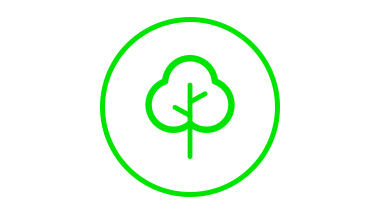
100% renewable raw materials
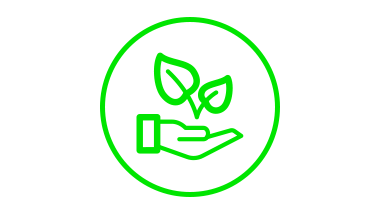
100% biodegradable end products
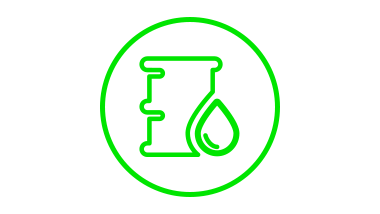
100% binder-free and plastic-free
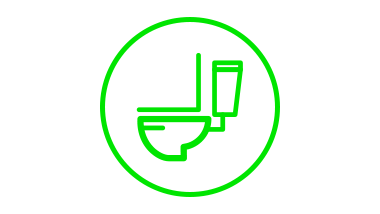
Certified flushable
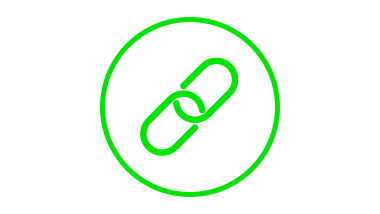
High tensile strength when wet
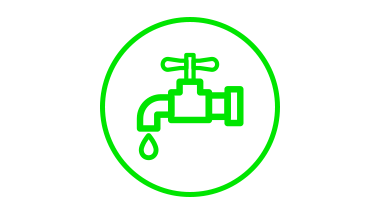
Reduced water consumption during production and water pollution in use
Eco-friendly: from start to end
“Our throwaway culture is an ecological challenge,” says Pöhler. “That’s why here at Division Paper, we focus on the big picture. By engineering a more ecofriendly production process from end to end, we can produce 100% biodegradable products from 100% renewable raw materials, using less fresh water.” Most wipes manufactured using other technology contain polyester (PES) fibers, which have been found in our wildlife, oceans – and even tap water. Currently, the discussion is all-important given the upcoming EU ban on plastic in single-use products.
Pöhler is proud of the innovative wetlaid/ spunlace (WLS) technology that Voith has developed together with Trützschler Nonwovens. Since 2013, the two companies have developed a manufacturing breakthrough technology for nonwovens. Within a year of the partnership, the prototype results were so convincing that they were awarded with a major contract from Albaad, a leading global manufacturer of wet wipes and feminine hygiene products. Voith and Trützschler delivered a solution to ensure a flexible, efficient and eco-friendlier production of WLS nonwovens from 100% cellulosic fibers at Albaad’s new WLM1 production line in Dimona, Israel. The successful start-up of the machine was in 2017.
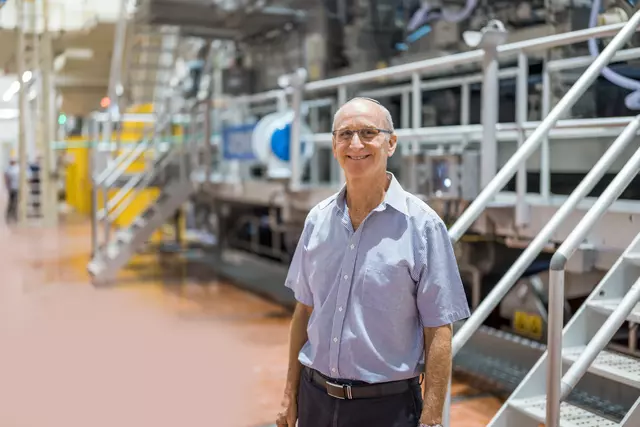
A breakthrough partnership
The machine uses a combination of Voith and Trützschler breakthroughs. For instance, the Voith HydroFormer ensures a homogenous fiber mat is produced in the web formation phase, while Trützschler’s AquaJet technology guarantees a high tensile strength and the desired textile feel without the use of any binding agents or bi-component fibers. Moreover, Voith has equipped the WLM1 with a comprehensive process and quality control system. The nonwovens are manufactured at a speed of over 200 meters per minute to the highest of quality.
“The installation and start-up of the machine went very well,” highlights Gadi Choresh, Plant Manager at Albaad in Dimona. “With their professionalism and high level of commitment, the team has ensured the success of the project. Albaad appreciates the long-term commitment and support to achieve the line properties even when things were not as expected.”
The breakthrough Voith technology has resulted in the most advanced line in the world for flushable nonwovens technology and cellulose-based hygiene products that are considerably more eco-friendly than those made from oil-based raw materials. Since there are other manufacturers along with Albaad already using or interested in the resulting technology, it’s a long-term partnership that could help unblock our sewage systems. And avoid plastic in single-use products.


